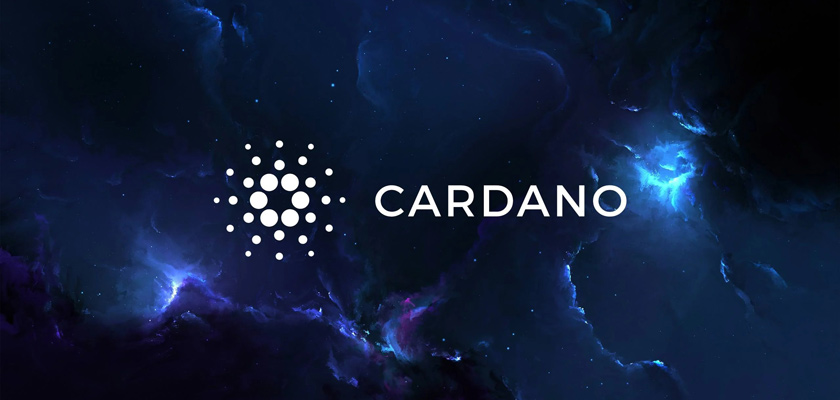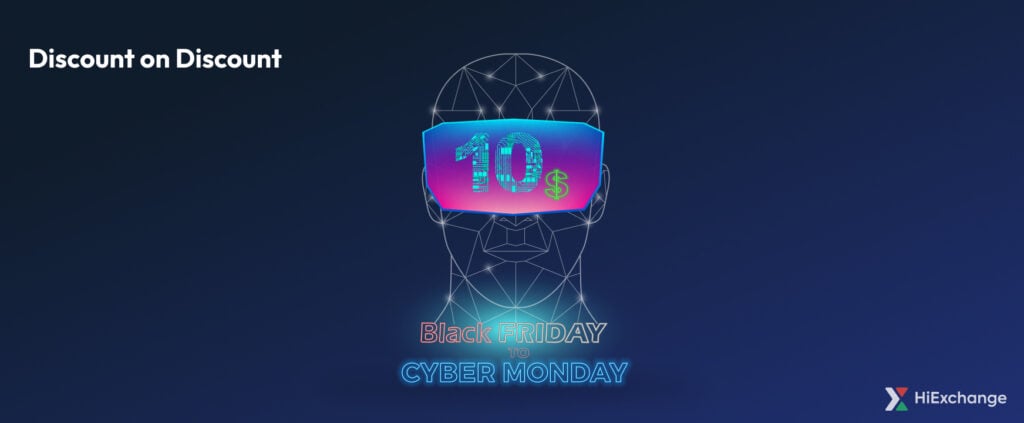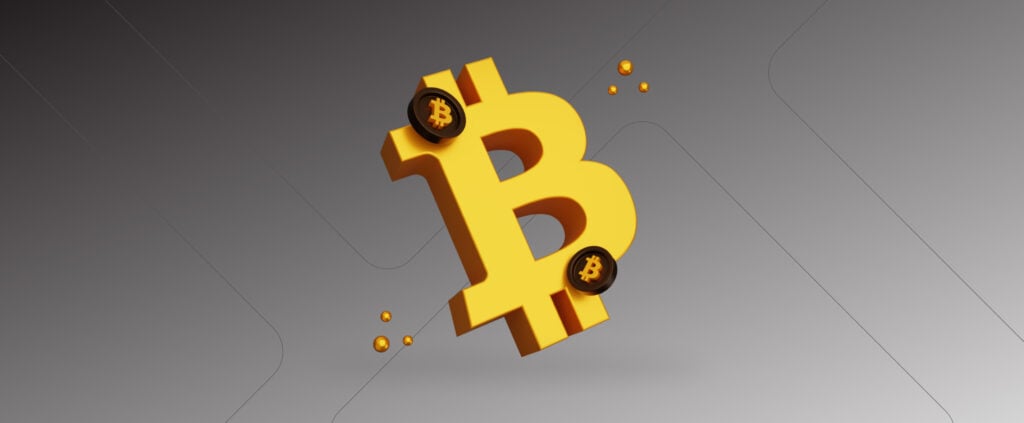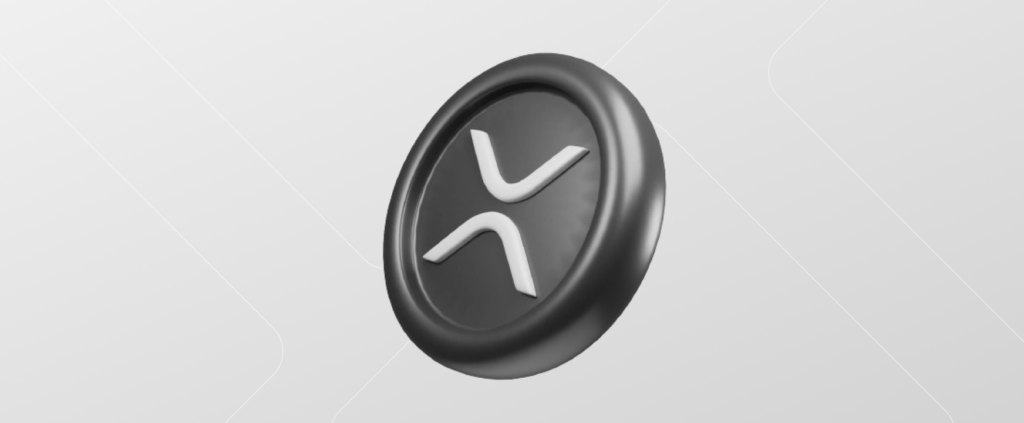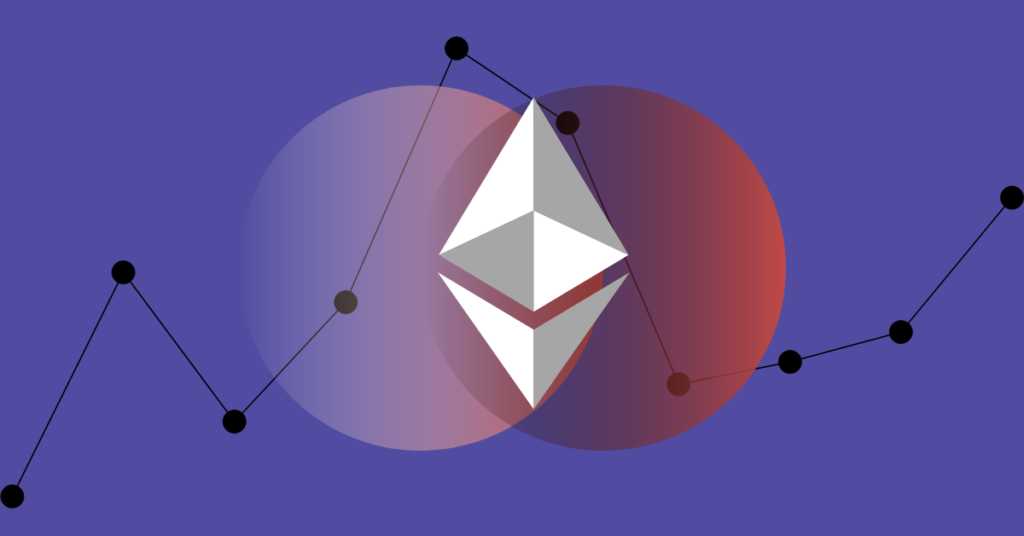Well, stablecoins will be huge in a cashless future where you don’t actually own your money. In fact, one would venture further from reality and say we actually need MORE stablecoins. And in this sector, an algorithmic stablecoin is just what the doctor ordered. For a truly decentralized future, Cardano has let go of ADA’s decline in value and has finally introduced “Djed”. An algorithmic stablecoin that is functions pretty much the same as Dai using an algorithm to hold its value. Djed is now officially live on public testnet.
Buy Stablecoins on HiExchange
No Fees!
What is an Algorithmic Stablecoin?
You know how for each Tether the company “holds” one US dollar somewhere in their reserve? (press X for doubt). An algorithmic stablecoin does not need a reserve to hold value. Instead, it relies on, you guessed it, an algorithm that essentially stabilizes the value.
The said algorithm will issue more coins upon price increase and conversely buy off from the market upon decline. Basically, the system interferes with the value through supply and demand.
Of course, algorithmic stablecoins have been facing strong criticism from experts. Some of them have failed and lost value temporarily or permanently. On the other hand, advocates call it a true decentralized digital asset that offers great salability which eliminates all user error.
Currently, Dai is by far the most successful algorithmic stablecoin. Continue reading Top Stablecoins to Buy [Ranked by Security].
Djed
The smart contracts platform Cardano (ADA) has officially released Djed on public testnet. Cardano teamed up with blockchain payments ecosystem COTI to launch the project.
Yesterday, COTI published a blog post saying that Djed, the first-ever algorithmic stablecoin is now live on Cardano platform.
“We are excited to announce that after months of intense work along with the Cardano team, the public testnet version of Djed is now released!
Djed is a decentralized, algorithmic stablecoin that is built on Cardano. An algorithmic stablecoin maintains stability through a combination of collateral and a reserve token.
In this case, Shen is Djed’s reserve coin and has the role of ensuring price stability – specifically it guarantees the collateralization rate and the peg of the stablecoin.”
According to COTI, the testnet phase will ensure that Djed is stable and secure and technically robust. As for final release, COTI is saying some tome in June of this year.
Back in last July, Cardano CEO Charles Hoskinson announced this project as part of their long-term plan. According to Hoskinson, the plan is to incorporate Djed into ADA’s smart contracts protocol called Plutus.
“One of the things we’re doing with this stablecoin [project] – after we clean it up a little bit more, because it’s so involved and there are so many moving pieces to it that have to be carefully thought about – is actually implementing it into Plutus as a Plutus native application.”
Currently, Cardano’s ADA is down 13% in seven days and is trading at $0.783.

